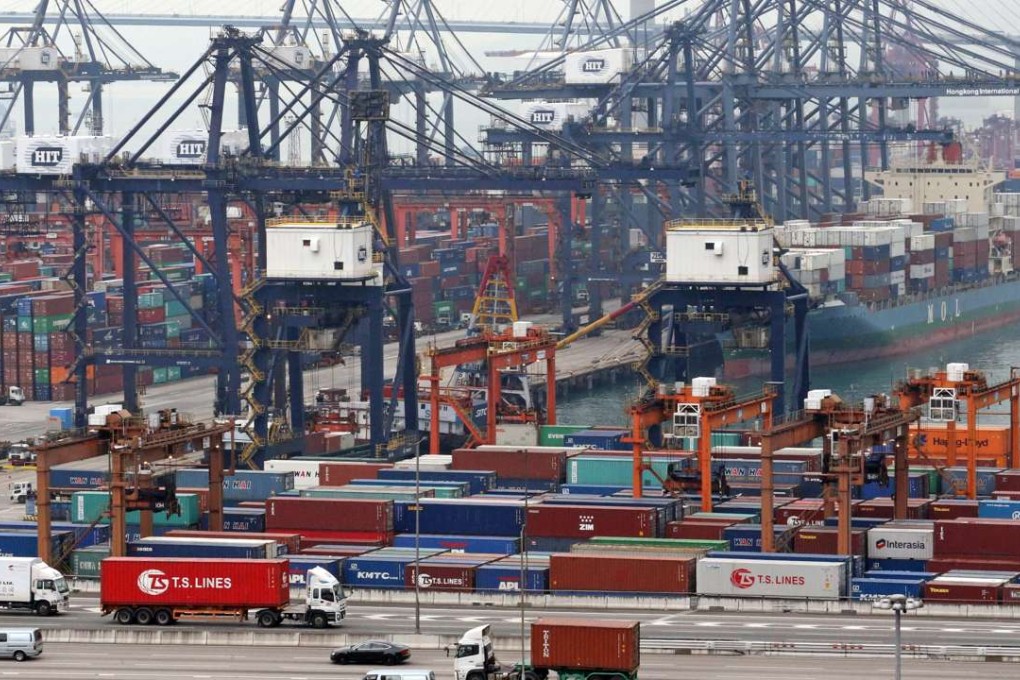China’s easing of cabotage rules deals serious blow to Hong Kong ports industry, say experts

The relaxation of China’s port transportation rules is causing major concern in Hong Kong’s maritime industry but has failed to draw much public attention, according to speakers at a maritime industry conference on Thursday.
Industry professionals warn that Hong Kong could lose all its transshipment rights in the worse case scenario of a full relaxation in mainland China’s laws prohibiting foreign-flagged vessels from moving cargo from one mainland coastal port to another.
Jessie Chung, chairman of Hong Kong Container Terminal Operators Association, said China’s relaxation of so-called cabotage rules will see a deterioration of the already weak situation facing Hong Kong’s maritime industry.
China launched the pilot Shanghai Free Trade Zone in 2013 and has since then has gradually relaxed the cabotage restrictions within the zone, meaning foreign-flagged but Chinese-owned ships can now engage in domestic shipping. Up until then Hong Kong was seen as the most convenient place for foreign ships to transit goods into Asia, but the new rules now provide them with a lot more choices.
“Without cabotage restrictions, most of the transshipment business will disappear from Hong Kong,” said Chung. “Further relaxation will certainly weaken Hong Kong’s status of being an international maritime hub, or even hurt its economic growth.”
To make matters worse, the potential risks from the rule changes have not gained serious public attention, said Chung, who argues that the city’s government should clearly press the case with mainland authorities about the potential impact of cabotage relaxation not only on Hong Kong, but for China itself.